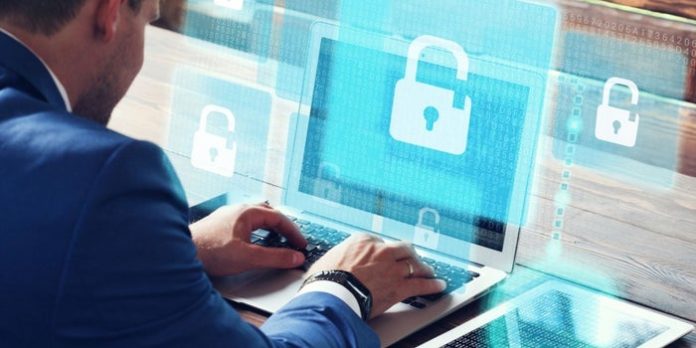In the past few decades, identity theft has become quite prevalent in the US and has become a serious issue. With the introduction of the latest digital technologies and online payment systems protecting one’s identity has become significantly harder. Identity stealers not only target big names or corporations, but they target the general public as well. Anyone who has their credit card information or any other important data monitored or stolen can fall victim to identity theft. However, a victim can take strict action in such a situation as stealing someone’s identity is a federal offense and is punishable by imprisonment. But finding the perpetrator is never easy, and the victim will have to hire an experienced identity lawyer as well. So, if you don’t want to become a victim of identity theft, here are a few tips that can help you avoid that.
Always Shred Personal Documents
If you want your personal information to never get stolen, then it is highly recommended that you shred all your unnecessary sensitive documents instead of throwing them in a bin. These sensitive documents include cash/credit receipts, bank statements, medical statements, credit card offers, saving account statements, personal records, and expired credit/debit cards. You should also shred mail documents that you receive from your bank or credit company.
Use Complex Passwords
Most of us have a healthy online presence, and we are always sharing sensitive information with social media sites and e-commerce stores. It is crucial that we take a hint from those websites that demand complex passwords to protect our identities. Instead of using the name of your dog or your childhood best friend, you should create a password that has a minimum of eight letters along with a number and capitalization. You should also consider using a secure tool like Lastpass to save all your passwords in one vault. It will allow you to protect all your online accounts.
Share Your Information Wisely
You must be mindful of who you are sharing your information with so that it doesn’t end up in the wrong hands. There are plenty of phishing scams out there, and you should be aware of those. Don’t give your personal information on a page that looks suspicious to you. The same thing applies to your offline dealings as well. You must not share your documents with any person who you don’t trust completely. The more selective you are about the platforms and people with whom you are sharing personal information, the better it is for your security.
Use Safe Networks for Browsing
Whenever you are browsing the internet, make sure that the Wi-Fi connection you are connected to is secure. You must always use secure routers at home and install firewalls on your laptops and phones. Also, whenever you are browsing the internet on a public network, it is best if you avoid visiting any sites where you have your personal information. You should also consider getting a VPN subscription as that can also help you browse securely on the internet. You should also avoid using your personal accounts at your workplace just to be on the safer side.

















![Is This Really How Art History Is Made? [Cartoon]](https://usaartnews.com/wp-content/uploads/OyqA4FwzfI9MJpEqAlZMyjJxeoFnO1F767uPxlhi-80x60.jpg)







